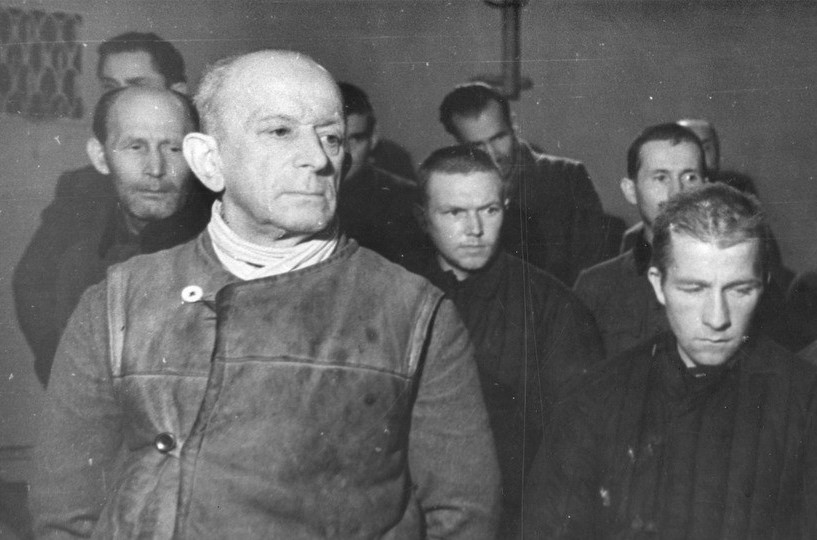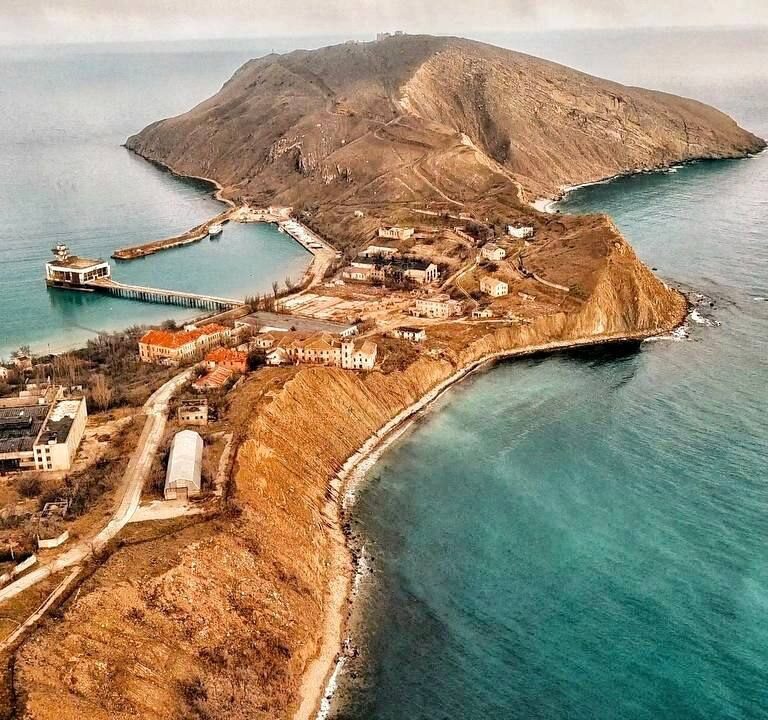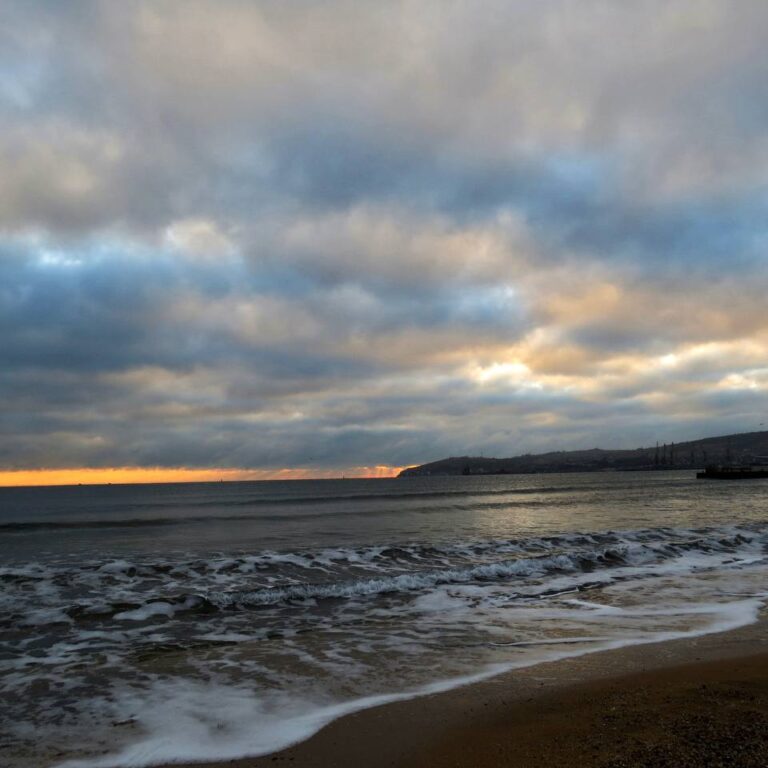On May 8, the aggressor’s key propaganda resource, namely “TASS”, decided to “delight readers” with some “news” that the criminal “FSB department for Crimea and Sevastopol” allegedly “as part of the project “Without a statute of limitations”” declassified archives about the Great Patriotic War, including interrogation protocols of the Nazi criminal Jaenecke, who commanded Wehrmacht troops in the Crimea and the Caucasus”, releasing a number of interrogation sheets of the former commander of the 17th Wehrmacht Army, Erwin Jaenecke.
However, it is quite difficult to call this “news”, since all of Jaenecke’s actions in the Crimea were considered by the Sevastopol Trial back in November 1947, and its results were public. Moreover, in 2021, Russian propaganda has already published materials from part of Jaenecke’s interrogations, with reference to the same “FSB department for Crimea and Sevastopol”.
Also, a number of their texts, in the part now allegedly “for the first time” quoted by “TASS”, namely about the repressions of the Germans against partisans and underground fighters, including the “railway” and “theater” groups, about the removal of various property by the Germans from Crimea, were published long ago on aggressor-controlled “historical sites”.
Here we note that, despite the war crimes certainly committed in Nazi-occupied Crimea, Jaenecke and his subordinates clearly “did not qualify” even in 1947 for the role, in the language of the then press, of “twelve two-legged animals”, and not one of them was as a result of the trial he was executed; Jaenecke himself was extradited by the USSR to West Germany in 1955, where he died in 1960.
The current provocation from “TASS” comes down to something else, namely a part of the “freshly published” interrogation documents with the title “Tatar Republic of Crimea”, and with the text of Jaenecke’s alleged testimony that “after negotiations with my boss, General Iskulander, the idea arose at the headquarters of the army group Scherner organization of an independent Tatar Republic of Crimea.”
Let us recall that Stalin’s propaganda also stuttered about such an alleged “thought”, including the film “The Third Strike” directed by Igor Savchenko, which was shot in parallel with the Sevastopol Trial. However, since even Soviet investigators were unable to formulate any evidence acceptable for “external use” based on this “thought” from a certain anonymous “staff officer from Scherner”, this was not mentioned even at the Sevastopol trial in both the accusation and the verdict.
Moreover, other Soviet post-war “Crimean” processes concerned only highlighting the participation of individual Crimean Tatar “Khiwis” in repressions against partisans and prisoners of war, while downplaying and even keeping silent about the role of a large number of representatives of other ethnic groups in the same acts.
In further “Crimean” trials, Soviet punitive forces persecuted representatives of the Crimean Tatar diaspora in Romania, such as the Mufti of Dobruja Sadyk Ibrahim, but in terms of specifics they were only charged with “creating an organization in Romania to receive Crimean Tatars arriving from Crimea”.
It is noteworthy that by “General Iksulander” from the protocol, published by the aggressor’s propaganda, clearly refers to General Wolf-Dietrich von Xylander, who died on February 15, 1945 in a plane crash near the Saxon Struppen, and therefore already in 1947 it was literally possible to “blame him as dead one” whatever.
The mentioned Field-Marshal Ferdinand Schörner was also in Soviet captivity and camps after World War II, and then he was extradited to Germany, and even Soviet investigators did not fabricate anything “Crimean Tatar” about him.
It is obvious that the current provocation of “TASS” with the “Tatar Republic of Crimea” allegedly “from Jaenecke” has nothing common with the historical truth and it pursues one simple criminal goal of aggressor’s propaganda – further incitement of interethnic hatred in the occupied Crimea and another “justification” of the genocide of the Crimean Tatar people on the eve of the 80th anniversary of its beginning.








